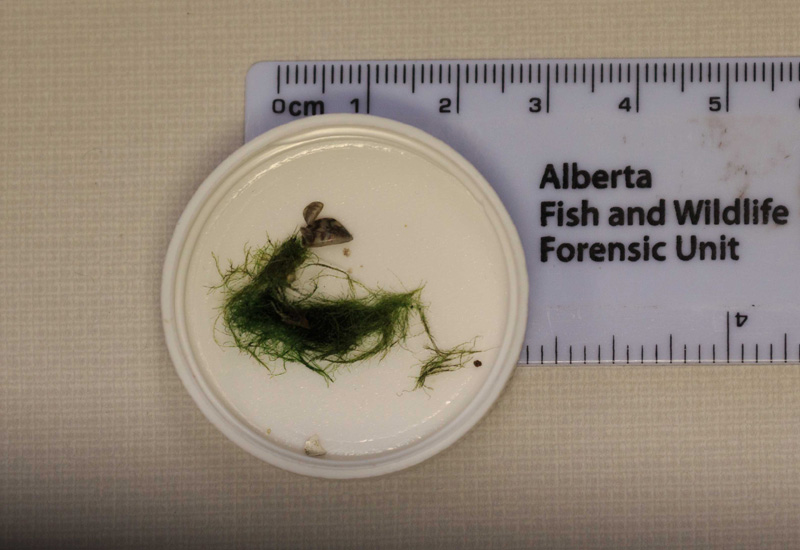The government of Alberta is asking anyone who purchased moss balls after Jan. 1 to destroy and dispose of them, as invasive zebra mussels have been discovered inside them.
“Invasive mussels pose a serious threat to Alberta’s aquatic ecosystems and fisheries. They can cause millions of dollars in damage to water infrastructure, such as irrigation canals. Our efforts in past years coupled with
the cooperation of Albertans have meant that Alberta remains largely free of zebra mussels. While retailers and distributors across the province have been proactive in removing moss balls from store shelves, we are asking Albertans to take action to ensure zebra mussels are not inadvertently released into our environment,” said the Minister of Environment and Parks, Jason Nixon.
Albertans can destroy the moss balls by freezing or boiling them, then placing the moss balls in a sealed plastic bag and disposing of them with their household trash.
Moss balls, and any water they were in, should not be flushed down the toilet, put down a drain, or placed in the compost.
Aquarium or container contents and water should be treated by removing fish or other living organisms from the aquarium and placing them in a separate container, acquiring water from a separate, uncontaminated water source.
The remaining contaminated water from the aquarium or container should be sterilized by adding 25 ml of bleach per liter of water, the water should sit for at least 15 minutes and can then be disposed of down a household drain.
The aquarium and accessories can be cleaned by either boiling water and letting the water sit for one minute, ensuring to flush and coat the tank and all accessory surfaces or by disinfecting by using 25 ml of bleach per litre of water, soaking the aquarium, rocks, décor, and filter media in the bleach water solution for 15 minutes, then rinsing off all items prior to setting up the aquarium.
The previously used filter media should be disposed of and replaced with new media. A dechlorinating product should be used to neutralize any residual chlorine prior to reintroducing aquatic life.
It is recommended that Albertans do another water change within a week and continue to monitor the tank for any unusual or unexpected aquatic life.
Aquarium owners are being asked to inspect their aquariums when performing regular maintenance, such as water changes, for any organisms that were not intentionally put into the tank.
Zebra mussels can be difficult to spot as they measure up to three centimetres. However, they can be destructive, as they can clog water intake pipes, disrupt natural food chains, and affect recreation areas when dead shells wash up on shores. Zebra mussels multiply rapidly and are extremely difficult to eradicate once established in an area.
Mussel-fouled watercraft have been the main source of invasive mussels entering Alberta. During the open water season, Alberta operates watercraft inspection stations to prevent the spread of invasive mussels. The province’s watercraft inspection teams are assisted by three dogs trained to detect invasive zebra and quagga mussels. In addition, all Albertans are encouraged to clean, drain and dry their watercraft and gear upon entry into the province.
If you see moss balls still available for sale at a retailer, please call the Aquatic Invasive Species hotline at 1-855-336-BOAT.
For more information, visit https://www.alberta.ca/aquatic-invasive-species-overview.aspx.








